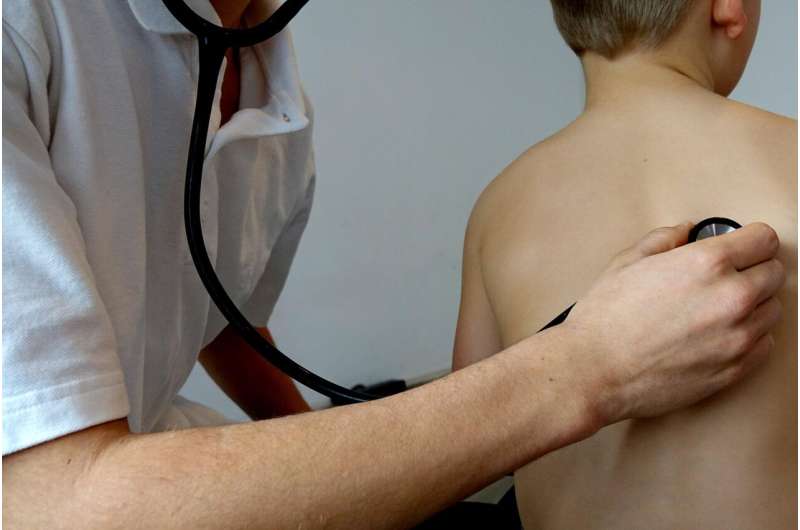Nationwide Recall of Ice Cream Due to Possible Plastic Contamination

A nationwide recall has been issued for thousands of tubs of ice cream and frozen yogurt due to possible plastic contamination. Consumers should check their products and return or discard affected items to ensure safety.
In a significant recall effort, nearly 18,000 tubs of ice cream and frozen yogurt have been voluntarily pulled from the market over concerns of plastic particles being present in the products. The manufacturer, Wells Enterprises, based in Iowa, announced the recall last month. The company’s brands include well-known names such as Blue Bunny and Halo Top.
The recall affects 22 different flavors packaged in three-gallon containers, with 'Best If Used By' dates ranging from March to October 2026. These products were distributed across various channels, including food service suppliers, restaurants, and retail outlets. Notable distributors include Gordon Food Service, US Foods, and Sysco Corp, along with restaurant chains like Johnny Rockets and smoothie chains like Planet Smoothie.
The U.S. Food and Drug Administration (FDA) has listed these products on its official website but has not issued a formal press release. Consumers who own any of the affected products are advised not to open or consume them. Instead, they should return the items to the place of purchase for a refund or dispose of them to prevent accidental ingestion.
This recall raises awareness about food safety issues related to contamination and highlights the importance of strict quality control processes in food manufacturing. The potential presence of plastic pieces poses health risks, and consumers are urged to heed the recall notices to ensure safety.
For more details, the FDA provides additional information about the recall on its official site.
Stay Updated with Mia's Feed
Get the latest health & wellness insights delivered straight to your inbox.
Related Articles
Increased Dietary Copper Intake Linked to Enhanced Cognitive Function in Older Adults
Higher dietary copper intake is associated with improved cognitive performance in older adults, with optimal benefits observed at moderate consumption levels. This research highlights copper's potential role in supporting brain health during aging.
New Insights into Messanger RNA Fragments Offer Hope for Advanced Brain Tumor Immunotherapy
Innovative research from CHOP uncovers how missing microexon fragments in messenger RNA may lead to new targeted immunotherapies for hard-to-treat brain tumors like glioma.
Children's Risk of Long COVID Doubles After Second COVID-19 Infection
A new large-scale study reveals that children are at more than twice the risk of developing long COVID after a second infection, underscoring the importance of prevention through vaccination and health measures.
Understanding Why Gene Therapy May Be Less Effective in Women: Insights from Mouse Research
New research reveals that gene therapy can be less effective and more risky for women, especially older women, due to differences in immune system responses. Insights from mouse studies are paving the way for personalized treatment strategies.



